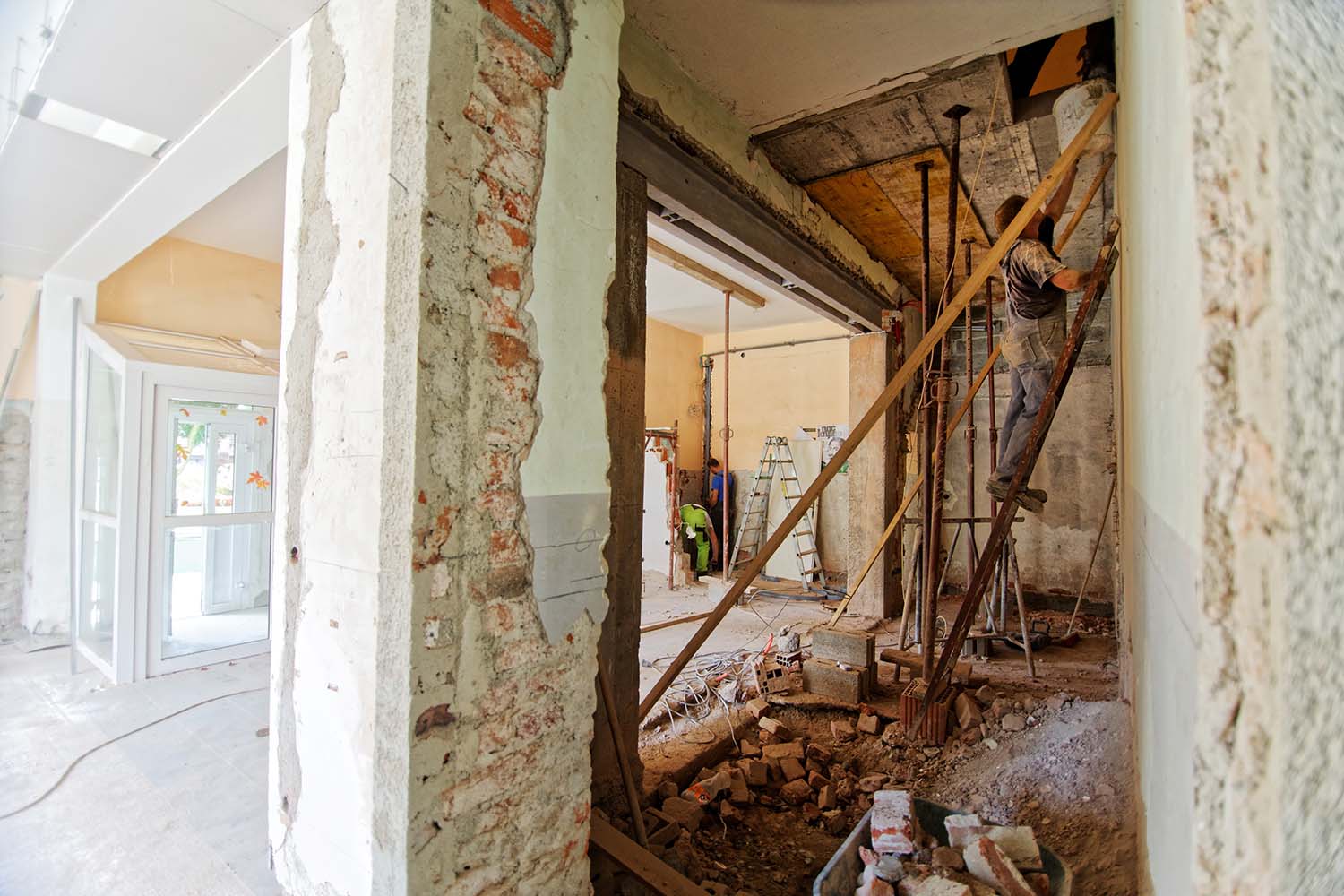Handling Approvals: Crucial for Your Renovation
Upgrading your house can be an exciting venture, infusing fresh energy into your living space and enhancing its value. However, the process of home renovations often surpasses visual enhancements and building updates. One of the most crucial aspects that can significantly influence the success of your project is traversing the labyrinth of permits and rules that accompany any renovation work. Knowing which permits are required and how to get them can save you time, money, and unwanted complications down the road.
As you embark on your renovation journey, it is essential to be aware that zoning laws and local requirements vary from one place to another. What may be acceptable in certain areas could result in problems in another. Therefore, investing the effort to learn about the licensing procedure is not just a formality; it is a vital step in ensuring that your remodeling efforts are both compliant and appropriate. In the following sections, we will explore the varieties of permits you may need and provide you with advice to manage this commonly disregarded aspect of remodeling.
Understanding Building Permits
Building licenses are critical documents that permit the initiation of building renovations. They ensure that the intended work meets regional planning and security regulations. Securing the necessary permits not just helps safeguard the structural integrity of a structure but also ensures adherence with zoning laws and construction codes. Failure to get necessary permits can lead to fines, delays, and even the necessity to undo finalized work.
The procedure of obtaining a building permit differs by location and kind of alteration. Property owners generally need to offer plans outlining the intended changes and may also be required to provide additional documentation, such as site plans or details. Regional building departments assess these applications to determine if they meet safety standards and zoning requirements. Knowing the specific requirements in your area can facilitate simplify the process and avoid setbacks.
It's important to note that construction permits are not just a administrative necessity; they serve a key purpose in safeguarding both the structure and the residents' well-being. Interacting with regional authorities early in your remodeling endeavor can offer valuable guidance into what is required for your specific remodeling and build a regulatory-compliant undertaking. By spending time in understanding and obtaining the necessary permits, you ensure a trouble-free renovation process.
The Permit Process
Steering through the application process for construction renovations can appear daunting, but grasping the steps involved can ease the experience. First, it's essential to gather all required information about your project. This includes thorough plans and drawings, the proposed use of space, and any architectural changes you foresee. Having this information systematized will make it easier when you reach out to your local building department.
Once your documentation is prepared, the next step is turning in your application. This usually requires completing specific forms that describe your renovation plans and may necessitate signatures from contractors or architects associated in the project. In many regions, you must also pay a fee at this point, which fluctuates based on the scope of your renovations. After submission, be prepared for an initial review period where officials will examine your application for compliance with local codes and regulations.
Following the initial review, you may receive feedback or demands for additional information. It's important to respond quickly and address any concerns mentioned by the building department. This may include modifying plans or providing further documentation. Once all requirements is in order, and your application is accepted, you will receive your permit, allowing you to proceed with your construction renovations legally and securely.
Common Renovation Permit Issues

One of the most frequent challenges encountered during construction renovations is the lack of adequate documentation. Homeowners often underestimate the volume of documentation required to get permits, leading to delays and potential fines. It's crucial to gather all necessary documents, including design blueprints and proof of property ownership, before applying. Missing or incomplete information can stop the entire renovation process, causing frustration and added costs.
Another common challenge is misunderstandings about local building codes and regulations. Each local government has its own collection of rules governing construction renovations , which can differ significantly. Homeowners should carefully investigate these requirements or seek advice from a professional to ensure adherence. Failing to comply with local codes can result in not only permit denials but also dangerous structural issues or safety violations that can threaten the entire project.
Lastly, timing issues often arise when trying to obtain renovation permits. Many property owners mistakenly believe that the permitting process will be quick and straightforward. In fact, permit approvals can take weeks or even months, especially in areas with heavy renovation activity. Planning ahead and allowing ample time for permits can reduce stress and ensure that your project stays on track.